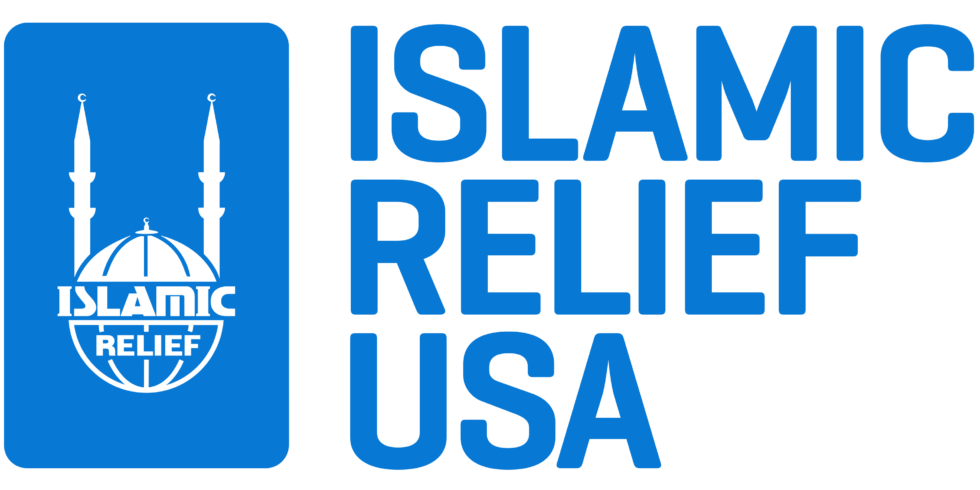Islamic Relief USA (IRUSA) has championed social justice and equality while responding to disasters and conflict in dozens of countries, including Afghanistan, Pakistan, and Nepal. While Nepal has been a democratic republic since 2008 and has made significant strides in overall living conditions in recent years, the country still faces many pressing challenges, including food insecurity, climate-change-driven degradation of agricultural land, and vulnerability to natural disasters.
Below is a look at some of the major societal issues in Nepal and how IRUSA is working to help vulnerable communities.
Food Insecurity and Malnutrition
Among other interventions in Nepal, IRUSA, with the help of its donors, has provided critical support to orphans, improved access to clean and safe water, and distributed food boxes. Hunger relief is an important part of IRUSA’s agenda, especially in Nepal, which is known for its high malnutrition rates.
According to the United Nations’ World Food Programme (WFP), more than 4 million people in Nepal do not get sufficient nutrients. Food insecurity is especially concerning in the Karnali Province, with 22.5 percent of people eating an inadequate diet. Moreover, nearly half of all children between 6 and 23 months old do not meet the WFP’s recommended dietary diversity. Thirty-six percent of all children are stunted, meaning they’re shorter than average for their age due to chronic malnutrition.
The issue of malnutrition in Nepal is likely to be exacerbated by a combination of declining household food production, brought about by changes in weather patterns, agricultural labor shortages, and rising food prices. Dry spells and extreme weather events during the 2023 monsoon season caused about a 20 percent decrease (2 million tons) in paddy crop production.
Islamic Relief USA served more than 49,000 people in Nepal in 2022. It provided 23,332 people with food security and launched the project “Promoting Resilience for Vulnerable Communities in Nepal,” which aims to support more than 100,000 people directly and indirectly through November 2025. As part of the program, Islamic Relief USA is delivering food to families, providing training on climate-resilient farming, and supporting women entrepreneurs.
Emergency Response to Earthquakes
IRUSA began its work in Nepal in April 2015 following the Gorkha earthquake that killed an estimated 9,000 people, injured thousands, and damaged or completely destroyed 600,000 structures. The earthquake’s initial shock registered a 7.8 magnitude with subsequent aftershocks the following day registering 6.6 and 6.7 magnitudes. This was the first earthquake in the region with at least a 6.0 magnitude since 1988.
In response to that April 2015 quake, IRUSA launched an appeal to support victims. Unfortunately, it was only a few years later that the country was shaken by its next major temblor. A 6.4 magnitude earthquake hit Jajarkot on November 3, 2023, and another, registered at 5.6 magnitude, struck the town a few days later. More than 150 people died as a result of the earthquake and close to 60,000 homes were damaged or destroyed. The UN projected that around 1.3 million people were affected in some way by the earthquake and that as many as 250,000 required humanitarian aid.
“Many houses have collapsed, many others have developed cracks. Thousands of residents spent the entire night in cold, open grounds because they were too scared to go into cracked houses as aftershocks struck,” commented Jajarkot district official Harish Chandra Sharma.
Because the earthquakes happened during the winter, Islamic Relief USA and its partners prioritized emergency tents and temporary shelter for those affected. The organization worked with local partner Rural Development Centre to distribute survival kits complete with warm clothes and blankets.
Help IRUSA Bring Aid to Nepal Those interested in supporting relief efforts and other critical IRUSA programming in Nepal can make one-time donations at IRUSA.org/Asia/Nepal.

Leave a Reply